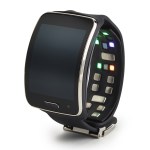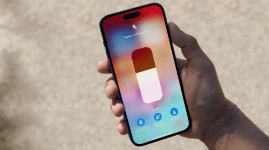The future of phones? It’s all about context
The next generation of smartphones will show you what you need to know before you know you need to know it
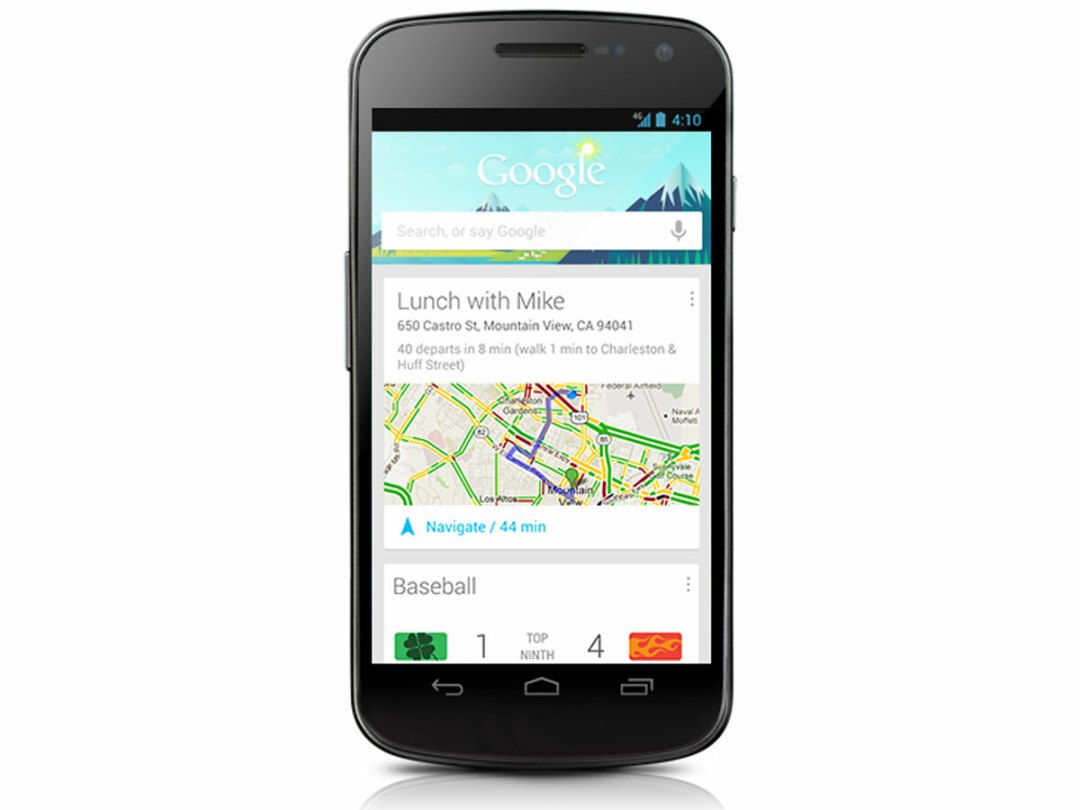
When Google snapped up the British artificial intelligence specialist DeepMind Technologies a few weeks ago for a reported $400m, it wasn’t because it was interested in founder Demis Hassibis’ excellent game design credentials or chess skills.
It’s because the company has long since bet the farm that its future isn’t just about finding stuff for you that you want to know, it’s working out what you’re going to want to know and getting it to you before you know you want to know it.
To paraphrase Donald Rumsfeld, Google’s grand vision is that if it can learn enough about you what you’re interested in, there are no more ‘known unknowns’.
And Google’s not alone. Microsoft’s founder Bill Gates has long espoused a similar vision, showing off mock-ups of what that known known world looks like back at CES in 2006. Apple’s Siri, on its quest to be the ultimate personal assistant, is a similar endeavour.
But it’s Google that’s in the news again. Last week it was discovered that the default launcher/home screen for the Nexus 5 is now called ‘Google Now’, which hints at just how important contextual search is to the future of Android.
And it’s not just Android. As far as the online rumour mill knows, Google Now and Siri will be the basis for Google and Apple’s smartwatches. That means wrist-sized screens that show you what you need to know, when you need to know it rather than getting bogged down with novelty apps like certain other smartwatches we could mention.
READ MORE: Google Nexus 5 review
That’s nice, so how does it work?
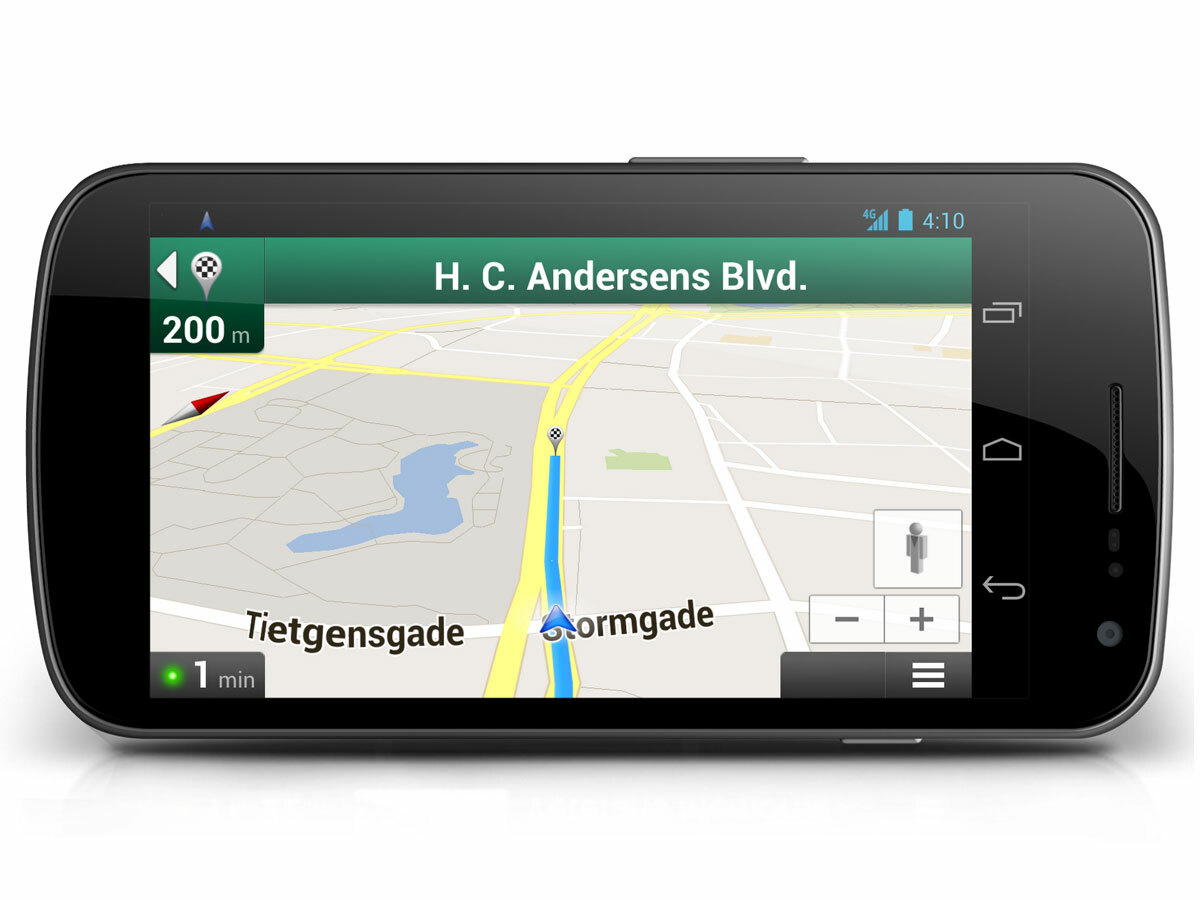
The best example is driving directions. If you turn it on, Google Now tracks your location data for a while and tries to learn where you should be. So if it knows that you’re usually at work by 9am, it’ll start throwing up information about the best route and how long it will take before you need to leave. So you glance at your phone screen – or, in the future, your smartwatch – your best route and time of departure should appear magically in front of your eyes.
That sounds amazing
Well, theoretically it does. Practically, as Google Now users know it doesn’t always work like that. The chances are your phone spends the whole day telling you which way to drive home to miss the traffic, right up to the point when you get into the car. Just at the point that you actually need the kinds of hands-free easy access to this information, it’ll switch to tell you the best way to get to the restaurant you visited a couple of weekends ago. Or worse, alert you to the fact it’s a random stranger’s birthday today – which Google thinks is important because you once included them in a Hangout.
That’s not good
Let’s just say there’s still a lot work that needs doing before contextual search replaces traditional search. It’s not helped by the fact that anyone you connect with on Google+ automatically gets onto your greetings card list, thus clogging up the data. Hence the investment in AI firms and quantum computers.
Wait a minute, how did you say Google knows where you need to be?
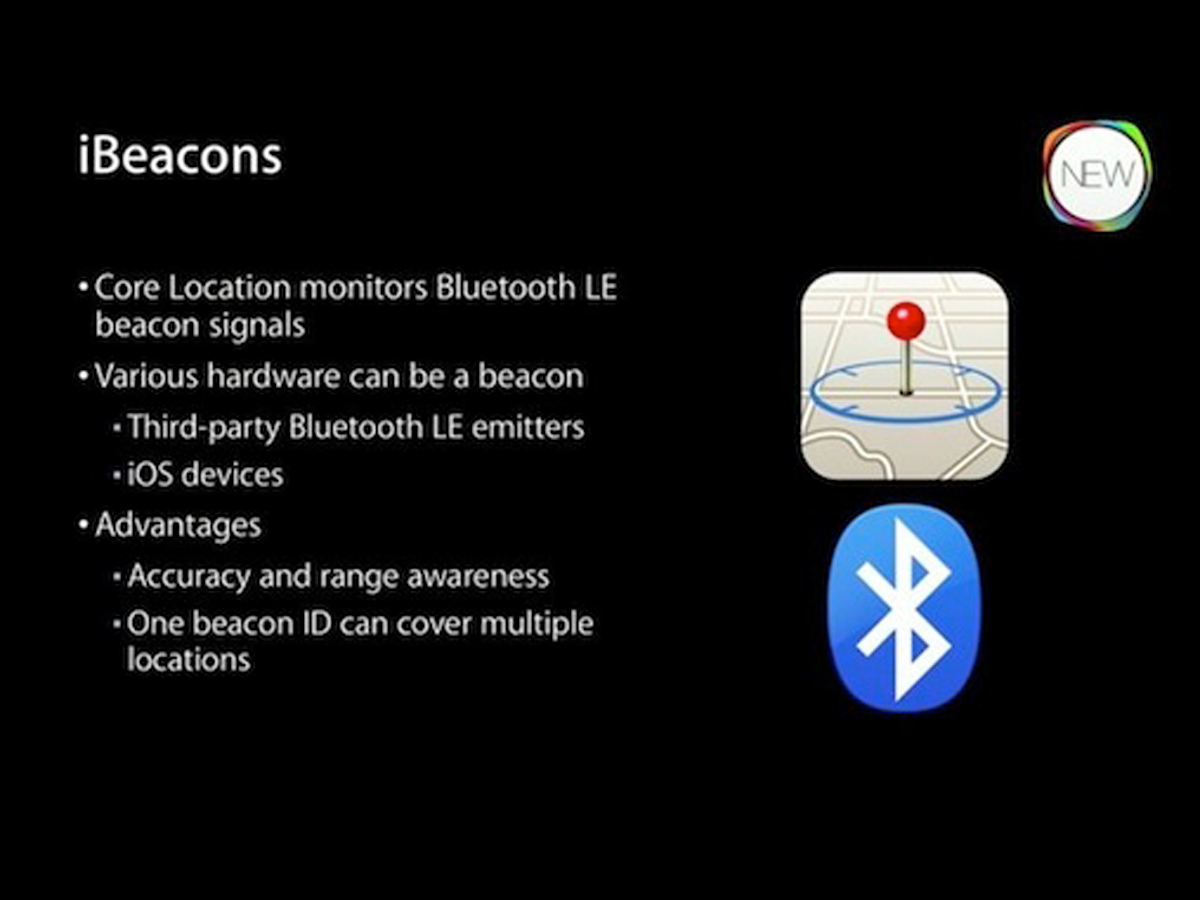
Simple. It’s always listening (if you agree to the terms and conditions).Your phone doesn’t need you to tell it you’re at work – it uses the built-in GPS sensor. Your phone can also tell when you’re running thanks to the accelerometer, so another application might be to fire up Zombies, Run! as soon as it detects you jogging.
The future, however, is going to be even more precise. Stores are lining up to sprinkle low energy Bluetooth transceivers all over the place that will work with Apple’s iBeacon technology, which will make for precise geo-location indoors as well as out. What’s more, because these iBeacons are reprogrammable contextual information no longer needs to be based on simple positioning. You might be reminded that you’re running low on beans, for example, as you walk past a pile of tins on special in Asda.
Don’t think Android and Windows Phone users (whoever you are) get let off either. Apple’s iBeacons aren’t the only internet of things tech in town – Philips is looking at putting something similar in in-store light bulbs. There is no escape.
READ MORE: Is Google Now better than Siri and S Voice put together?
But all this is kept ‘in the cloud’? They’re spying on your data?

Yes, but the winds of change are in the air. Thanks to the Snowden revelations, people are very concerned about privacy these days. Apple makes a big deal out of the fact that it doesn’t rely on capturing personal data for its products and services, and a recent Ipsos MORI/Kings College London report says that Britons value data privacy very highly. A massive 70 percent said that they’d punish a company by not using it again should it lose their personal info, compared to only 40 percent who would protest over excessive executive pay. How swiftly we forget, huh?
Quite. But the thing about the cloud is that it’s so convenient
For the time being, yes. Uploading information to a search engine’s servers and allowing it to do the processing is easy and fast. But it won’t always be that way. Intel recently showed off an Atom-powered phone that could do voice recognition locally (currently Google Now and Siri uipload voice files before deciphering them), which is a start. Akani Maluleke, a sofware engineer at global consultancy ThoughtWorks, says that improving phone power is great for privacy. “Soon, you’ll be able to do most things -including contextual information – locally on your handset,” he says. “So it’s all of the convenience of the cloud, but with much more control.”
Brilliant. Where’s that app?

On its way. Maybe. The thing about contextual search is that it’s expensive, but companies like Google like it because it reveals a lot of information about you that can be used to tailor advertising. And it doesn’t work with information from just one person either: like voice recognition in Siri and Google Now, the more data you have about more people the better you can train software to search. Amazon’s recommendation system is a great example of this – it bases book recommendations on what people with tastes like yours have bought, not an expert’s opinion.
So ultimately, the human race is destined to be nothing more than drones following a software algorithm’s decision about where we should be, and what we should buy, and when?
If you want free choice, buy a map.
READ MORE: iBeacons: how iOS7’s secret weapon could kill NFC
READ MORE: Google Now: now available on your desktop
